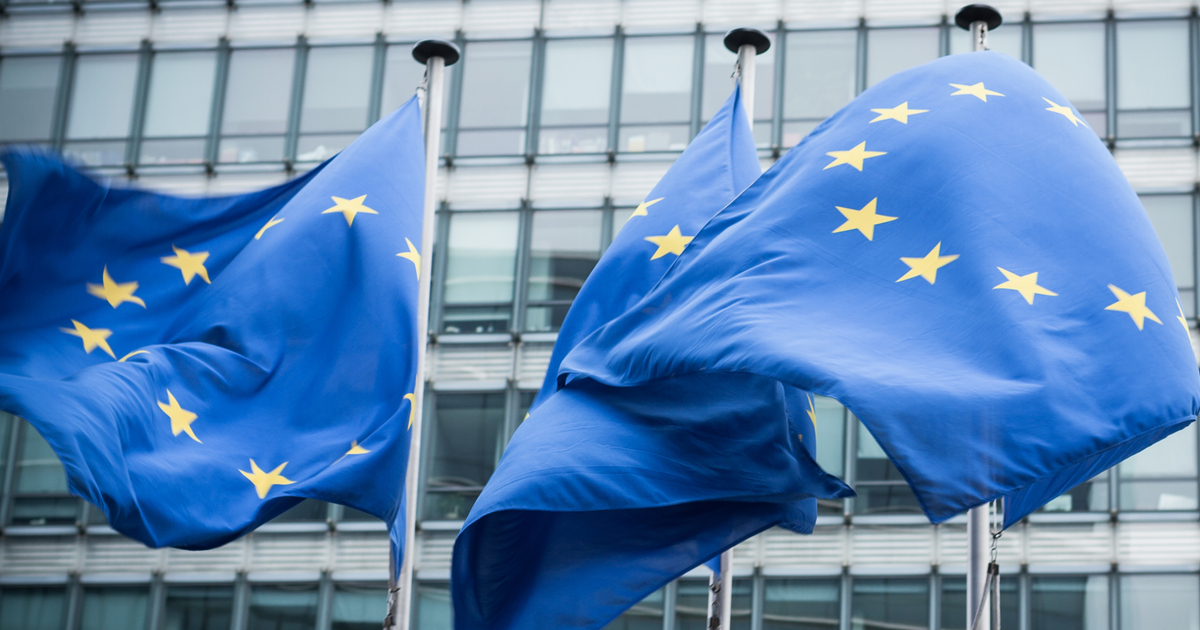MEPs approved, this Wednesday, June 14, 2023, the European project for the regulation of artificial intelligence (AI Act), paving the way for negotiations with the Member States to finalize this text which should limit the risks in this area. The MEPs expressed themselves by 499 votes for, 28 against and 93 abstentions.
The rules would ensure that the AI that “is developed and used in Europe fully complies with EU rights and values, including on human surveillance, security, privacy, transparency, non-discrimination and social and environmental well-being ”communicates the European Parliament.
High-risk AIs and new bans
AI systems will be categorized as high risk or general purpose, with the former now being those that seriously harm the health, safety and fundamental rights of people or the environment. Real-time remote biometric identification systems and a posteriori in the public space, those using characteristics such as gender, race, ethnic origin, citizenship status, religion, political orientation, predictive policing systems based on profiling, location or past criminal behaviour, emotion recognition systems or even the creation of facial recognition databases.
“The AI Act will set the global tone for the development and governance of artificial intelligence, ensuring that this technology, set to radically transform our societies thanks to the enormous benefits it can offer, evolves and is used in accordance with the European values of democracy, fundamental rights and the rule of law”said co-rapporteur Dragoş Tudorache (Renew, Romania).
Reinforced rules for ChatGPT and others
Generative AI systems like ChatGPT will need to meet transparency requirements (mention that content is AI-generated, also help distinguish deepfake) and offer safeguards against the generation of illegal content. Detailed summaries of copyrighted data used for RN training will also need to be made public. MEPs added exceptions for research activities and AI components supplied under free licenses.
Thierry Breton, who recalled wanting to move quickly on the subject, indicated that negotiations with the Council on the final form of the legislation will begin today. It must be said that this AI Act will not come into force before 2026, at least. Emmanuel Macron, expected this afternoon at VivaTech, should also make announcements about artificial intelligence, some of which may preempt European regulation of the sector.
